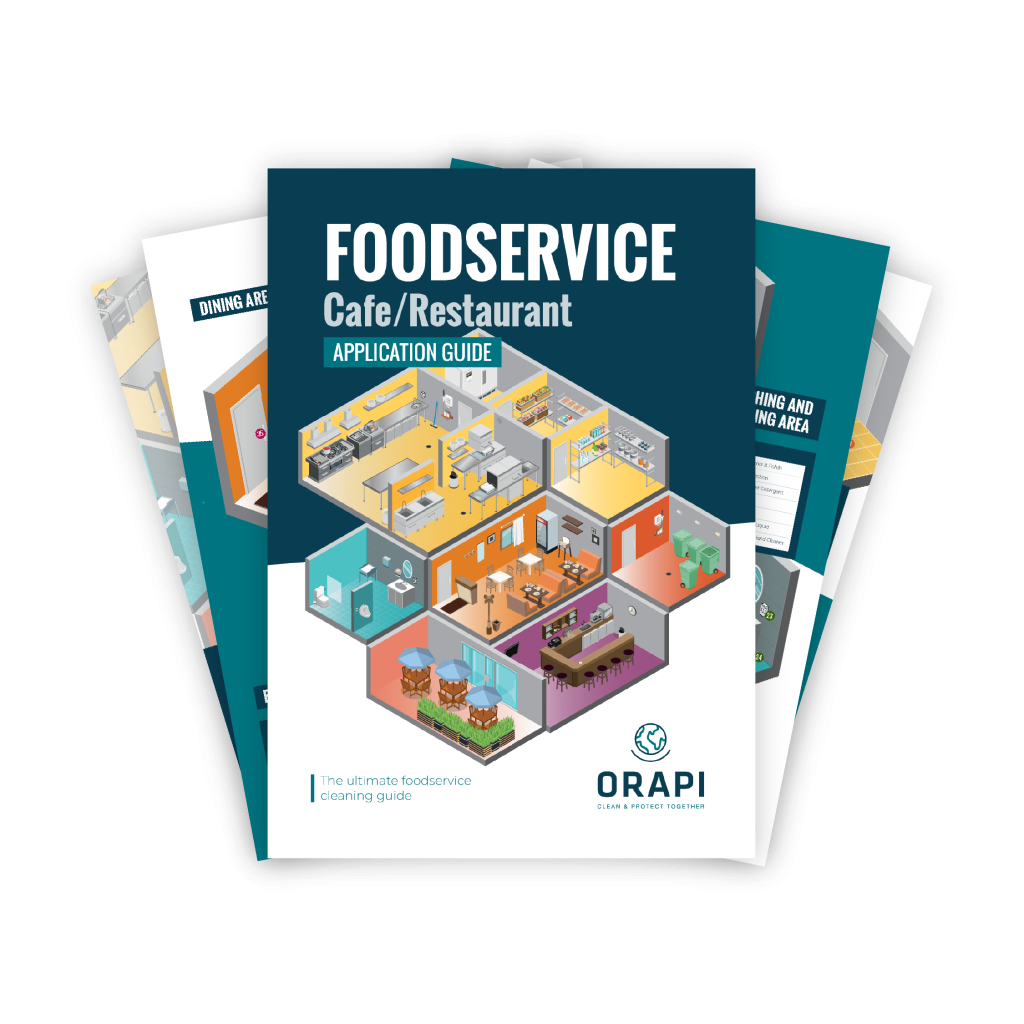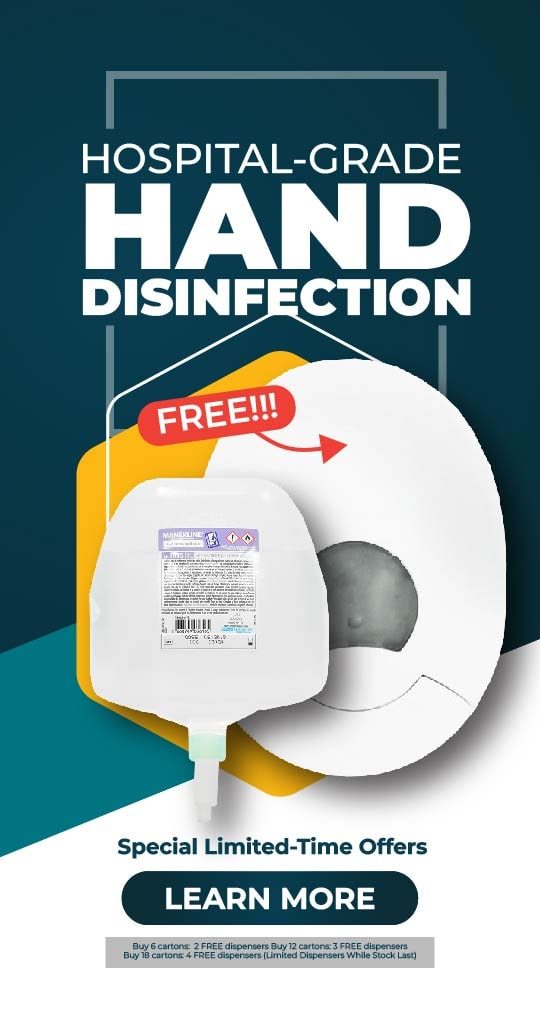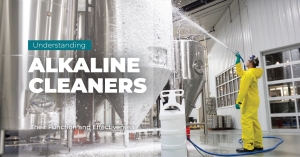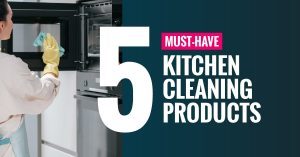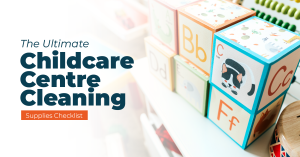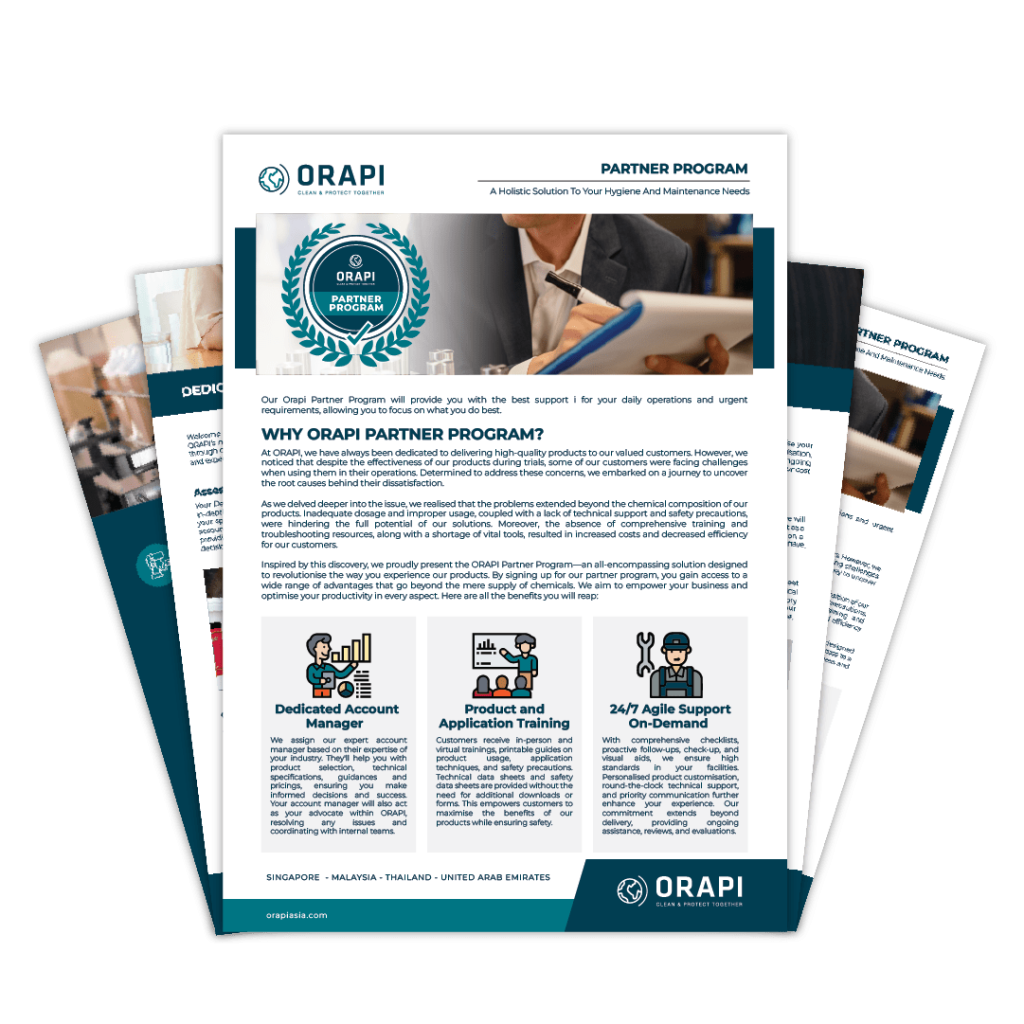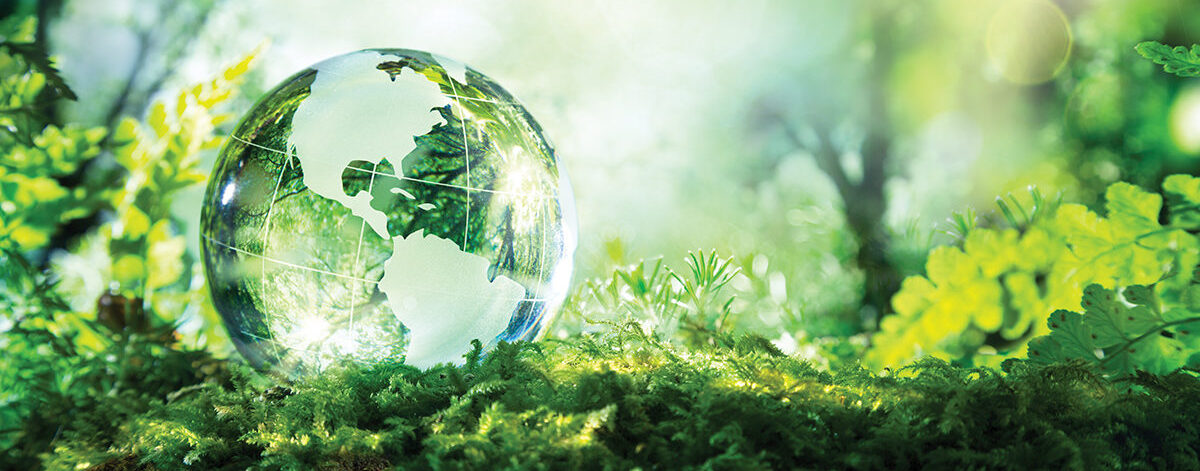
What Is Sustainable Cleaning?
Sustainable cleaning refers to using hygiene products that have minimal environmental impact throughout their lifecycle, including sourcing raw materials, usage, and disposal of packaging. However, sustainability in cleaning goes beyond just ecological preservation. It also encloses aspects of economic accessibility, ensuring that these products are affordable for all, as well as considerations of social justice, such as labour rights and fair treatment throughout the production process. In essence, sustainable cleaning products aim to balance environmental responsibility with economic and social equity.
Life Cycle of a Product

Throughout the life cycle of a cleaning product, resources like energy, water, and materials are used at various stages, from its manufacturing to its transportation, storage, use, and disposal. To improve sustainability, it’s necessary to make an overall improvement across the entire life cycle. For instance, if a product requires less energy to manufacture but needs more energy to transport and use, it wouldn’t make sense. Therefore, sustainability can be achieved by finding ways to reduce the environmental impact of a cleaning product at every stage of its life cycle.
A “life cycle analysis” (LCA) method can help figure out a situation’s different aspects. LCA studies have shown that when it comes to cleaning, the main resources used are:
- The raw materials required to make the product
- Protective and user-friendly packaging throughout its lifecycle
- Energy for manufacturing processes, transportation, and usage
- Water usage from inception to disposal
The Three Pillars of Sustainability
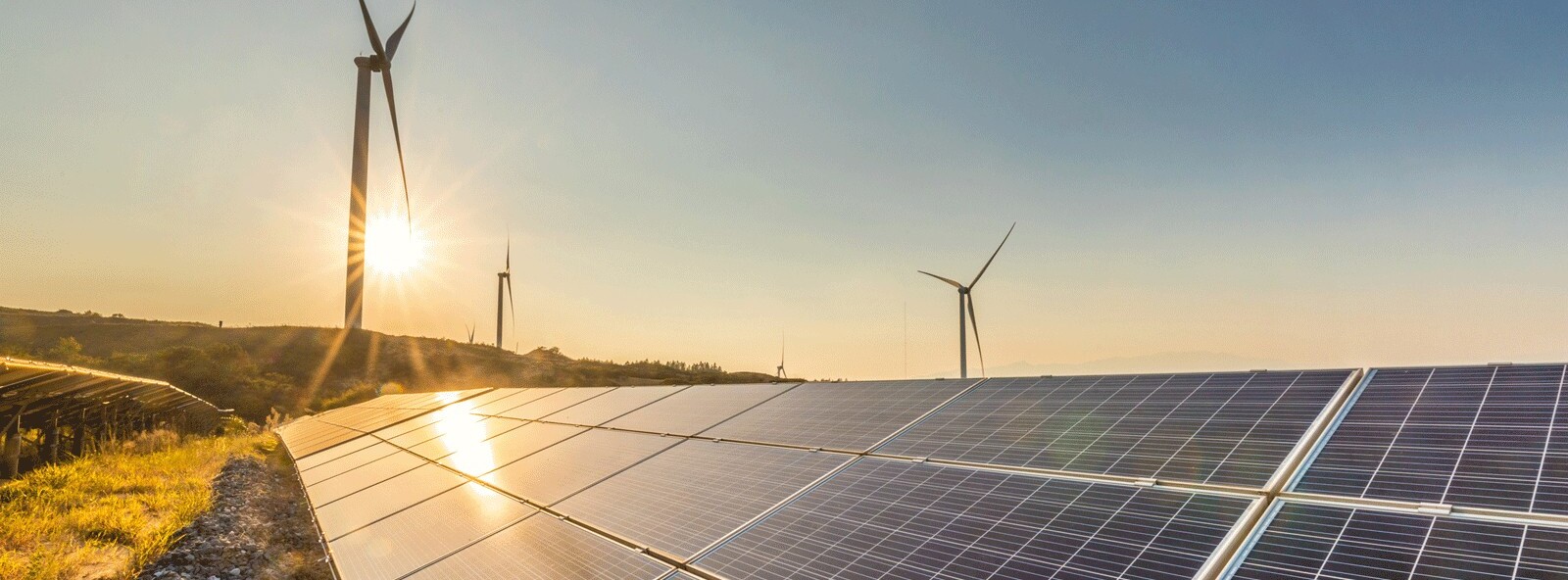
Economic Sustainability
Economic stability is vital in ensuring every community has access to the resources required to meet its needs. This includes promoting and maintaining independence and fostering stable livelihoods for all.
Environmental Sustainability
When discussing sustainability, the first thing that comes to mind for many people is environmental preservation and protection. This is the most straightforward aspect of sustainability, as most individuals are already aware of the importance of ensuring ecological sustainability.
Social Sustainability
The pillar of social sustainability aims to promote universal human rights and ensure that communities have access to basic necessities for maintaining health and safety. It also focuses on protecting against discrimination and preserving cultural, labour, and personal rights.
How to Practise Sustainable Cleaning
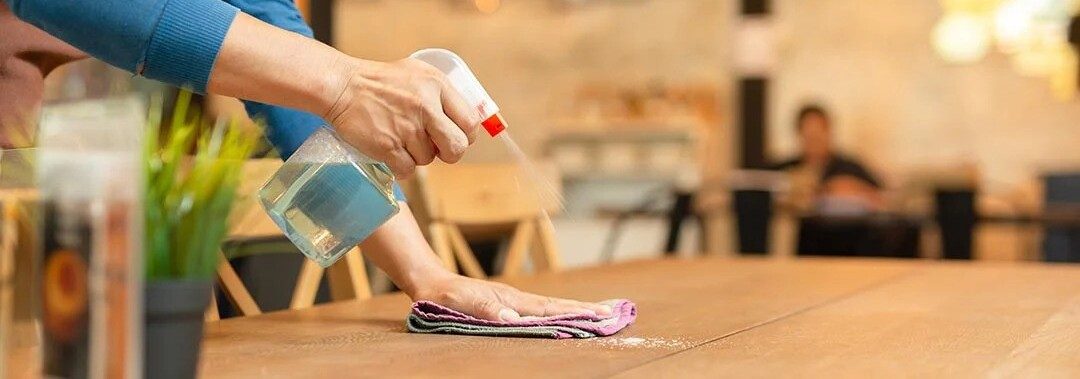
Sustainable cleaning, as derived from the preceding definition and principles, refers to cleaning practices and routines that prioritise the well-being of the community and the environment. These approaches and techniques are adaptable to various scales, suitable for adoption by both individuals and enterprises alike.
"Green" or "Eco-Friendly" Cleaning Products
Aim For Efficiency
Maximising Water Conservation
Opt for Microfiber
Certifications for Sustainable Cleaning
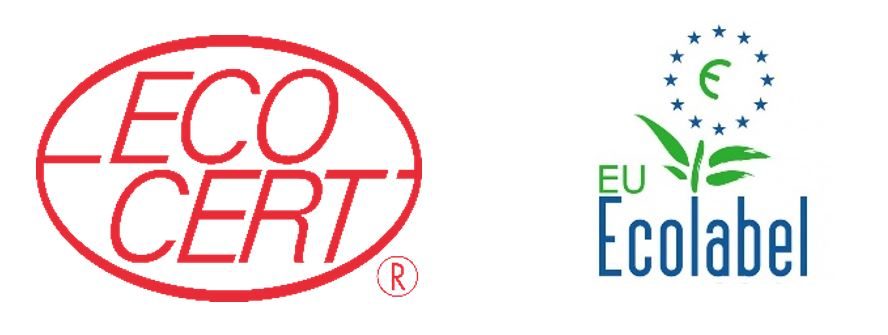
Numerous certifications are available for sustainable cleaning products. However, the top brands display these seals on their products to indicate that they have met the highest standards and consistently offer sustainable cleaning goods
The EU Ecolabel
The EU Ecolabel, or the EU flower, is a certification that sets a European benchmark for sustainable products. Earned only after passing rigorous compliance tests and meeting stringent criteria, the certification process is overseen by an independent and publicly accountable body.
EcoCert
Ecocert certification is a widely recognised mark for organic products worldwide, encompassing various categories such as agriculture, textiles, food, and organic and natural cosmetics.
EcoVadis
EcoVadis is a highly regarded platform offering a range of sustainability ratings and performance improvement tools for supply chains worldwide. The platform assesses companies’ sustainability practices and performance, taking into account various factors across environmental, social, ethical, and supply chain sustainability.
Does ORAPI Support Sustainable Cleaning
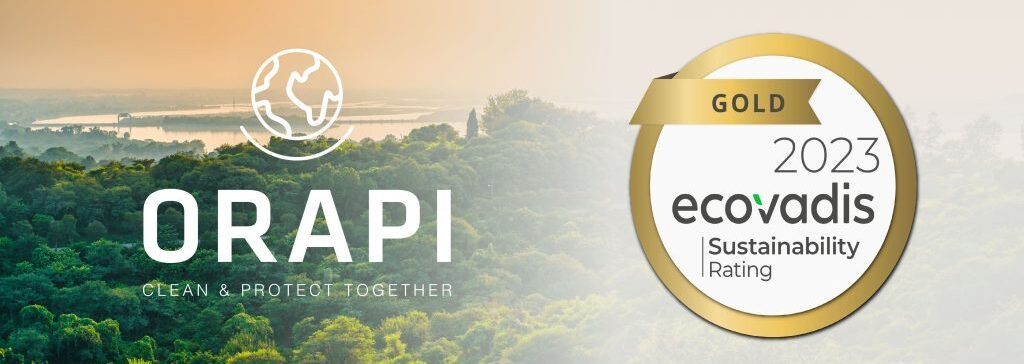
ORAPI is committed to sustainable cleaning practices. We proudly hold certifications from EcoVadis, EcoCert, and Ecolabel, which we have earned through rigorous external testing of our products. In addition, our signature line, ORAPI Generation, adheres to five key principles: efficacy, bio-sourced or sustainable ingredients, eco-friendly formulations, safety, and eco-conscious packaging. Lastly, we actively promote sustainable cleaning methods through our online resources and personalised consultations.
Conclusion: Sustainable Cleaning
Sustainable cleaning embraces environmental preservation, economic accessibility, and social justice, aiming for a balanced, equitable future. Transitioning to eco-friendly products, maximising efficiency, conserving water, and opting for certified sustainable options are important steps. Certifications like EU Ecolabel, EcoCert, and EcoVadis demonstrate commitment to sustainability. ORAPI exemplifies this commitment with certifications and a signature line adhering to key principles. Through informed choices and collective efforts, sustainable cleaning becomes a practical pathway to a cleaner, fairer world.
